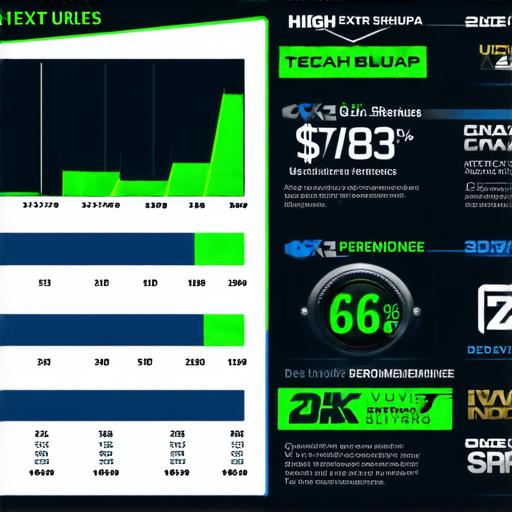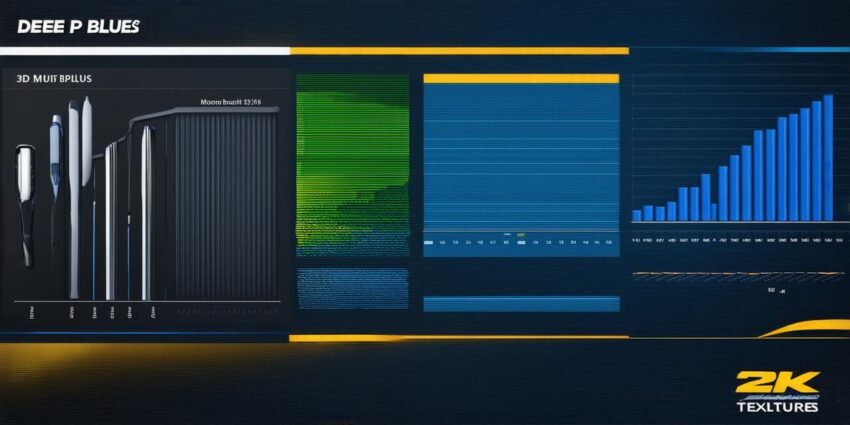Unreal Engine vs. Unity: A Comparison
When it comes to choosing a game engine, two of the most popular options are Unreal Engine and Unity. Both engines have their own strengths and weaknesses, and the choice between them often depends on the specific needs of the project.
Performance
In terms of performance, both engines are highly optimized for game development, with each offering its own unique advantages. Unreal Engine uses a highly efficient virtual machine (VM) called the Blueprints Visual Scripting system, which allows developers to create complex systems without having to write code. This makes it easier and faster to develop games using Unreal Engine.
On the other hand, Unity’s performance is generally faster than Unreal Engine, due in part to its use of C as its primary scripting language.
Graphics Capabilities
Unreal Engine is known for its advanced graphics capabilities, with support for physically-based rendering (PBR) and real-time ray tracing. This allows developers to create highly detailed and realistic environments, including complex lighting and shading effects. Unity also has strong graphics capabilities, with support for PBR and real-time ray tracing as well. However, it is generally considered less advanced than Unreal Engine in this area.
Community Support
Both engines have large and active communities of developers, but Unity’s community is generally larger and more established. This means that there are more resources available for Unity developers, including plugins, assets, and tutorials. Additionally, Unity has a more extensive ecosystem of tools and services, such as the Unity Asset Store, which allows developers to easily find and purchase pre-made assets for their games.
Learning Curve
Both engines have a steep learning curve, but Unreal Engine is generally considered more difficult to learn than Unity. This is due in part to its complex architecture and use of Blueprints Visual Scripting, which can be challenging for developers who are not familiar with visual programming. Unity, on the other hand, uses C as its primary scripting language, which is more familiar to many developers.

Summary
In conclusion, both Unreal Engine and Unity have their own strengths and weaknesses, and the choice between them ultimately depends on the specific needs of the project. While Unreal Engine may offer some advanced graphics capabilities and a more complex architecture, it is generally considered more difficult to learn than Unity. Additionally, Unity has a larger and more established community, which can be an advantage for developers who are just starting out. Ultimately, both engines are capable of creating high-quality games, so the decision between them should be based on the specific requirements of the project.
